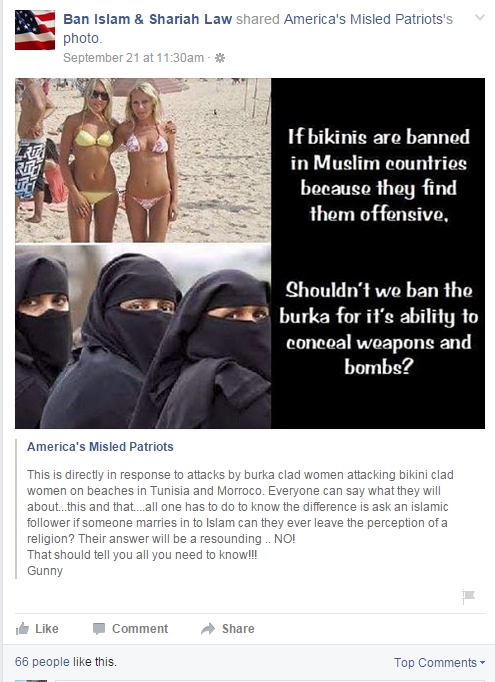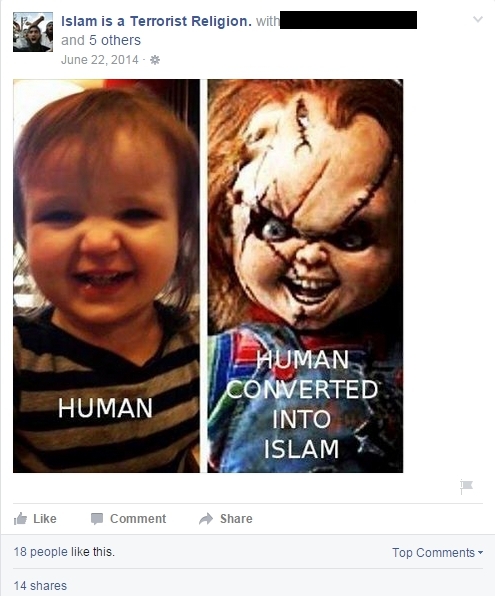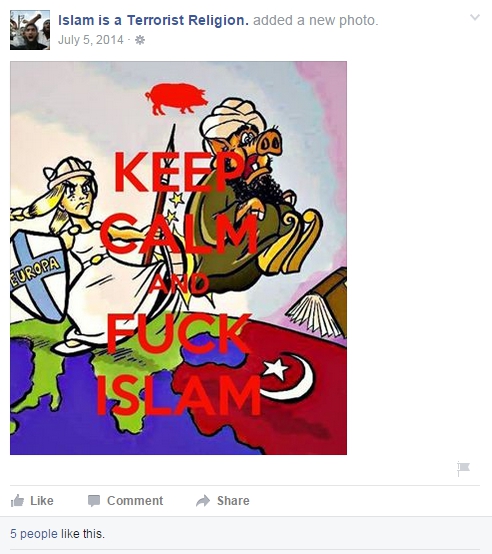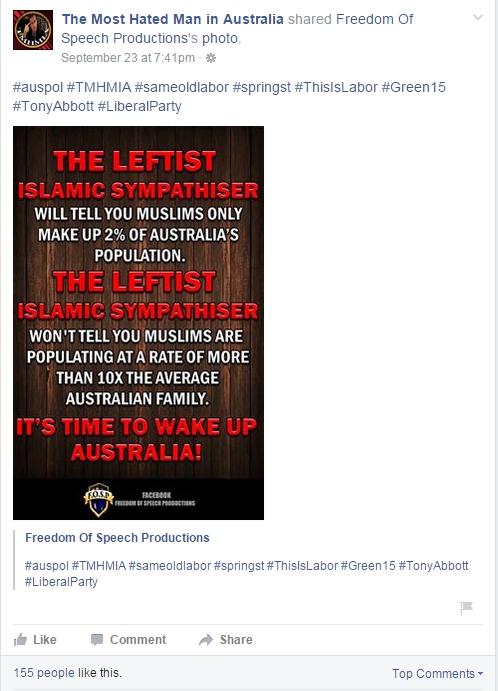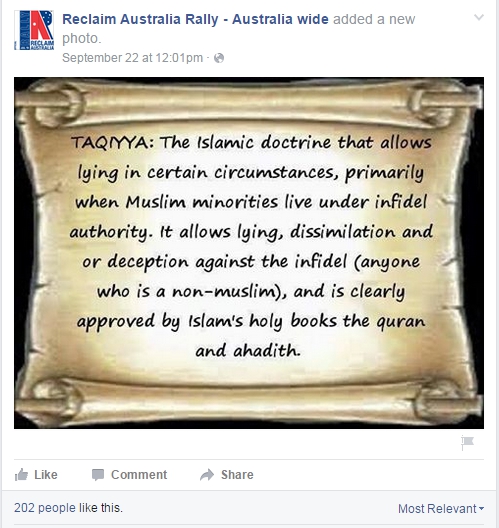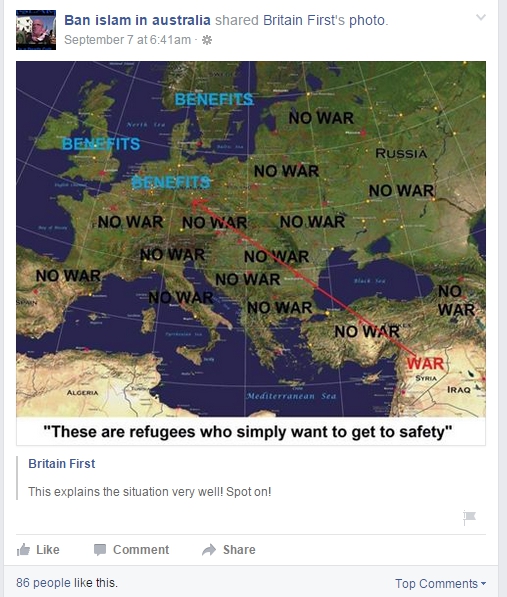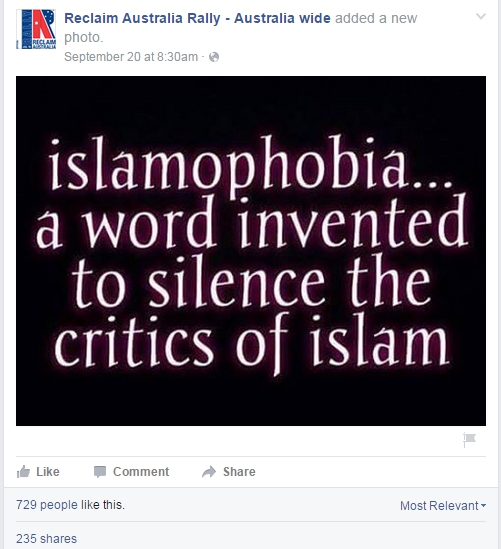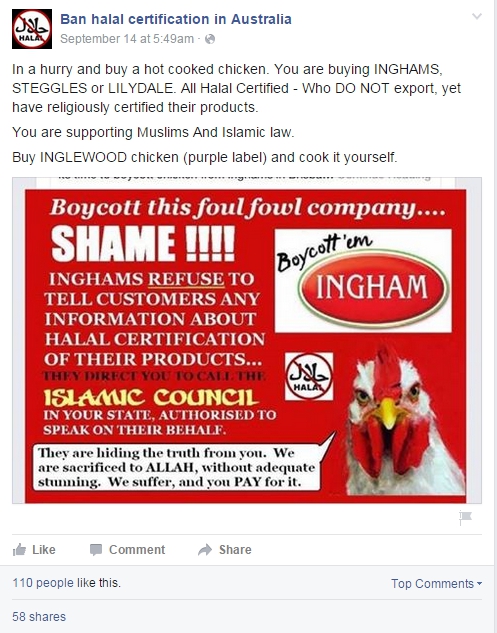Our new campaign Spotlight on Anti-Muslim Internet Hate (SAMIH) is aimed at getting individuals and community organisations to report anti-Muslim hate on Facebook, YouTube and Twitter to the platforms and to OHPI’s online hate reporting tool FightAgainstHate.com. We have called this campaign to throw light on to the rising levels of anti-Muslim hate speech on social media.
Here are a set of guidelines to help you identify anti-Muslim hate on social media. It is based on the reporting system we have built on FightAgainstHate.com.
Debating any religion is not hate speech. However, when people use extreme and decontexualised interpretations of religious doctrine to drum-up fear and hatred against all practitioners of the faith, it crosses the line into hate speech. Such content refuses to acknowledge that not every adherent of the religion interprets the text in such extreme ways. People’s religious practices can and should be debated too. However, such practices are presented with the aim of colouring the entire community as incapable of integrating with other cultures, and to promote their isolation, exclusion and marginalisation within society, it is hate speech.
Anti-Muslim hate on social media usually falls into eight categories. (These are also the categories used in FightAgainstHate.com to report anti-Muslim hate items.)
Presenting Muslims as terrorists and a threat to public safety
Implying that all Muslims are terrorists and a security threat is a popular theme on social media. Usually such posts, images, videos or comments imply that all Muslims are terrorists or support terrorism and violence or are generally violent, lawless and dangerous. It is aimed to instill fear of Muslims in others. We share an example of the same below.
You can view and report this item here.
The promotion of threats and violence against Muslims
This category includes all speech which either threatens violence or incites violence against Muslim individuals or the entire community. This often includes inciting the police to act violently towards Muslims, or justifies violence towards them, or advocates genocide against the Muslims. Even if not directly meant, they further an atmosphere where violence towards Muslims is seen as acceptable or justified.
You can view and report this comment here.
The dehumanisation and demonization of Muslims
Demonisation of Muslims usually involves calling them collectively evil, criminal-minded or immoral. Dehumanisation includes taking away their humanity by comparing them to animals or vermin or sub humans. The purpose of both these acts is to suggest that Muslims are lesser or different from normal human beings, and hence, are not deserving of the same rights that all humans deserve.
View and report this item here.
View and report the item here.
Presenting Muslims as a “threat to our way of life”
This category includes items that imply that the Australian way of life is somehow threatened by the presence of the Muslim community. They often suggest that they want to impose Sharia Law in the country, lead to “Islamification” or “Islamisation” of the country, and/or want to “take-over” the country through immigration or demographics.
View and report this item here.
Presenting Muslims as manipulative and dishonest
The presentation of Muslims as manipulative and dishonest is an approach used to spread animosity against Muslims. It aim is to disqualify the participation and integration by Muslims into multicultural societies. This theme ranges from very basic images with slogans such as “never trust a Muslim” through a variety of images referring to what is claimed to be the Muslim doctrine of Taqiyya.
Taqiyya is a Shia doctrine which its literal translation means is to “to shield or to guard oneself” (Enayat 2005: 175). Under the practise of Taqiyya, Shia Muslims may pretend to be Sunni Muslims, including by following Sunni prayer rituals, jurisprudence and by directly claiming to be Sunni rather than Shia. The practice arose as means of protection from the persecution of rulers hostile to the minority Shia sect of Islam, but continues to be practised in places like Indonesia not out of fear, but as a means of establishing greater unity within the Muslim community.
View and report the item here.
Xenophobia against Muslims
This form of hate largely focuses on opposition to immigration of Muslims. This opposition often focuses on refugees (those who have been granted refugee status by the United Nations) and asylum seekers (those seeking to make a claim for refugee status), but when pushed, often degenerates into a general form of hatred and fear of all Muslims (as discussed above).Often, such content implies that all Muslim refugees and asylum seekers are faking their refugee status, intend to migrate to abuse the welfare system, or that they should be sent to Muslim majority countries.
View and report this item here.
Undermining the resistance to hate against Muslims
Items in this category, try to suggest that anti-Muslim hate is acceptable. The usual tropes used are suggesting that it is not racist to criticize Islam as people of many races practice it, or that they are criticizing a set of ideas, or that it is our duty to fight the enemy (enemy being Muslims in our midst). However, often such items are presented in a larger context of creating fear and prejudice against all Muslim people, and encouraging the marginalization of the community, they act like classic racism.
View and report this item here.
Seeking to exclude Muslims from Society
Another more indirect form of anti-Muslim hate seeks to exclude Muslims from society by removing or preventing the development of the infrastructure a Muslim community needs. This form of anti-Muslim hate includes attacks on the certification and stocking of Halal food, as well at political action at the local government level in an effort to prevent planning approval for Mosques, Muslim schools and other infrastructure needed to support a Muslim community.
View and report the item here.
Other forms
Any other item that seeks to create acceptability for religious vilification of Muslims, or to suggest Muslims who speak out against extremism are part of a conspiracy.
View and report this item here.
Please help us spread the word by sharing this briefing:
Please join SAMIH and help us combat this form of hate. You can support us by contributing to our crowdfunding appeal or by joining our reporting campaign (sign-up here to get all information on the campaign).

